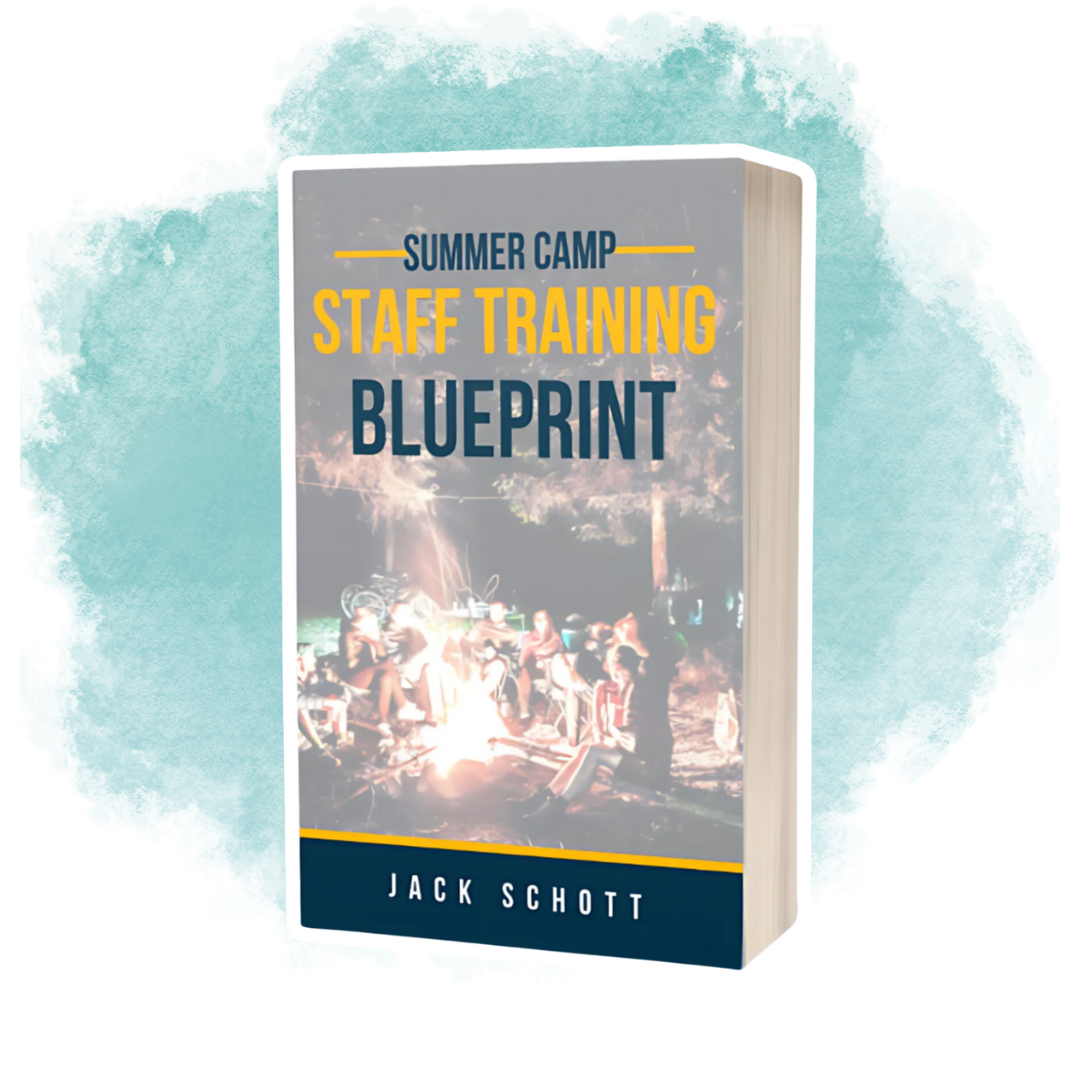Working with English Language Learners
In the 2020 US census, about 8% of the population of the US reported speaking English less than “very well." Depending on your state or county, that percentage may go up to 32%. This is a huge part of our summer camp market that we may not be serving well. In the summer debrief series at the end of Summer 2023, language inclusion was one of the areas that camps identified needing to improve. Whether it's making international staff feel more comfortable, or ensuring campers understand the safety rules, inclusive language practices will improve everyone’s summer camp experience.
There are three groups of people to consider when preparing language inclusion practices: campers, staff, and families. They all have slightly different needs, but thankfully many of these methods will help everyone.
Provide Translated Materials
Whether it is marketing materials, parent information packets, or your staff handbook, provide it in the predominant languages spoken by your community, or as many languages as you can. If you have text on pictures on your website, use alt text so translators can pick it up.
Staff can be great resources for translating materials - with limits. Ask all staff what languages they speak, don’t assume the vaguely East Asian looking person speaks Chinese. If a staff member provides translation services, pay them.
If you use an auto-translator like Google Translate, have a human who speaks that language read the material and make sure it says what you want it to say. This can be a great way to get materials into several different languages for less cost than paying for the translation service, but you definitely want to make sure it is accurate!
Speaking to a Group
Whether a parent info session, staff orientation, or camper announcements, pay attention to how you speak.
Avoid slang, idioms, and jargon. This is generally good practice anyway for making everyone feel included and exposing hidden curriculum, it is even more important when speaking to English Language Learners.
Take notice of your rate and clarity when speaking. Many people get nervous when speaking to a group, and may tend to speak more quickly than they would normally. Take a deep breath and slow down so everyone can understand better.
Depending on your audience and setting, consider using an auto-captioning program that will show your speech in writing for people who may be able to understand written words better than spoken. This gives the benefit of helping those with other auditory processing needs also!
Consider Your Use of Technology at Camp
For campers or staff with higher language needs, consider that using apps for translation could outweigh the benefits of being tech-free at camp.
A group tablet rather than personal phones can give access to the tools for language translation without everyone having a phone.
For activities or sessions with written materials, such as orientation, there are apps that will translate written words on a page. These work especially well on single words, but can also translate paragraphs of text.
Whatever steps you take to make your camp program more accessible to campers, families, and staff who primarily speak languages other than English. As time goes on, more families throughout the US and Canada will speak languages at home that are not English. The more we can work to welcome these campers and staff into our programs, the more diverse and inclusive our communities can be.
LEILANI NUSSMAN
Summer Camp and Extended Learning Director, NORTHWEST SCHOOL
Leilani can be reached at lnussman@gmail.com.
“I am a mixed-race Kanaka maoli (Hawai’i) and white summer camp director. I use she/her pronouns. I live on the ancestral lands of the Duwamish people, past and present. I speak for myself and from my own lived experience. I still have work to do.”

Ready to Elevate Your Summer Camp Staff Training?
Empower your camp staff with the tools they need for success.
Visit our dedicated training site for expert resources, training modules, and more.


